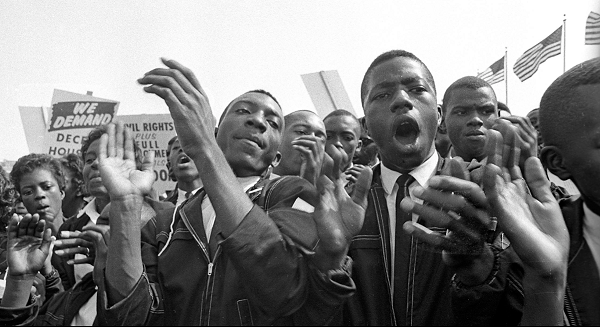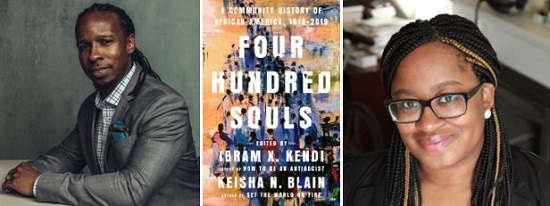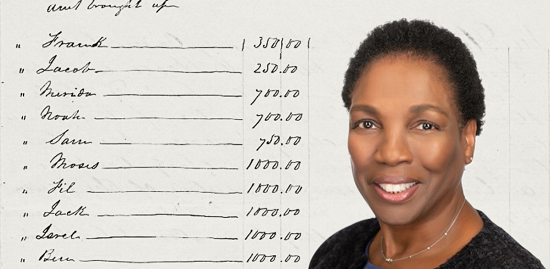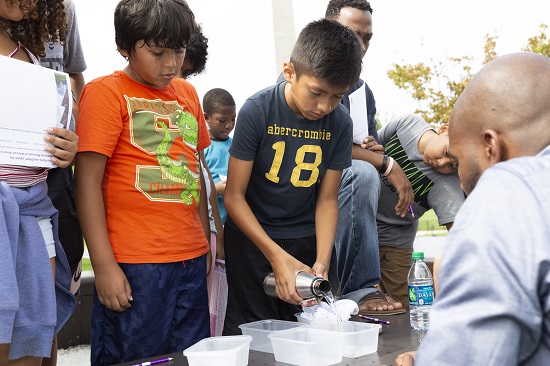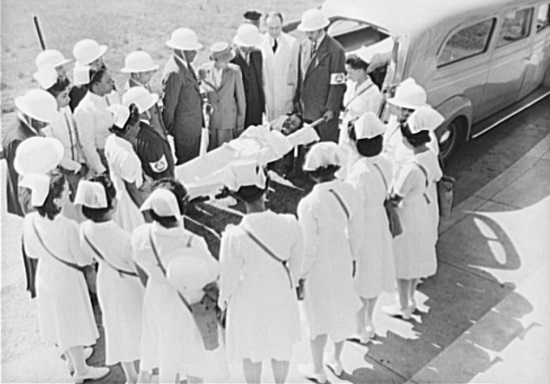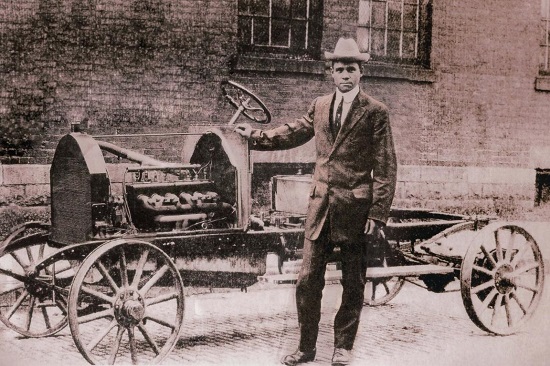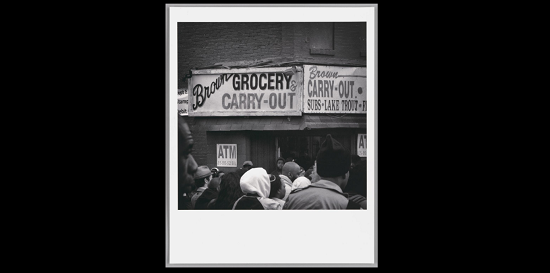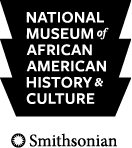|
BLACK HISTORY MONTH STARTS MONDAY
There are as many ways to celebrate Black History Month as there are people in the world. Luckily, the National Museum of African
American History and Culture (NMAAHC) has you covered!
Join us for any or all of the following public programs and immerse yourself in the rich history available at NMAAHC.
Historically Speaking:
Four Hundred Souls
A Conversation with Ibram X. Kendi and Keisha N. Blain
Tuesday, February 2 ǀ 7 p.m. Eastern
Free ǀ Online
For their newly edited volume
Four Hundred Souls: A Community History of African America, 1619-2019, renowned scholars Ibram X. Kendi (How to Be an Antiracist)
and Keisha N. Blain (Set the World on Fire) invited 90 talented writers to document the 400-year journey of African Americans.
Join editors Kendi and Blain for an extraordinary discussion with contributors Annette Gordon Reed (Harvard University) and Herb
Boyd (City University of New York), during which they’ll examine eras including slavery, Reconstruction, and segregation — and their sustained impact on the United States today.
NMAAHC Kids: Joyful Fridays
Fridays, February 5, 12, 19, and 26 ǀ 11 a.m. Eastern
Free ǀ Online
Each Friday in February, children ages five to eight are invited to celebrate Black History Month by creating art inspired by our
Joyful ABCs activity book series and objects from the NMAAHC collection!
Each 45-minute experience will include such activities as exploring
creativity by making hats, discovering
daring choices through sculpture, embracing
emotions through portraiture, and building the capacity to stand up for what is
fair through words and painting. Register now to receive a Zoom link, list of art supplies, book recommendations, and other free online resources.
Courthouse Research:
Using Probate Records to Research Enslaved Ancestors
Saturday, February 6 ǀ 2 p.m. Eastern
Free ǀ Online
Have you tried to research African American ancestors born during slavery, only to hit a brick wall?
NMAAHC’s Robert Frederick Smith Family History Center presents a talk by LaBrenda Garrett-Nelson, who will share best practices
in using probate and other estate records to identify enslaved people through the records of possible slaveholders. Let us help you uncover your family’s buried roots!
Education Resources for STEM Educators Information Session
Wednesday, February 10 ǀ 4 p.m. Eastern
Free ǀ Online
During this 90-minute session, 3rd through 12th-grade teachers will have a guided tour of NMAAHC’s online STEM resources. Educators
will explore upcoming teacher workshops, discover how to use digital lessons from the Smithsonian Learning Lab, and learn how to find STEM-related historical objects in our collections that can be used in the classroom.
In Dialogue: Race and Medicine
Thursday, February 11 ǀ 5 p.m. Eastern
Free ǀ Online
NMAAHC and the National Portrait Gallery (NPG) are teaming up for a program in the NPG monthly series In Dialogue: Smithsonian
Objects and Social Justice. Join cohosts Beth Evans (NPG) and Leslie P. Walker (NMAAHC) for a discussion about race and medicine, as represented by objects in the Smithsonian’s collections.
African Americans in STEM Wikipedia Edit-A-Thon
Starts Sunday, February 21 ǀ 12 p.m. Eastern
Free ǀ Online
Celebrate National Engineering Week by creating and editing Wikipedia pages for African American STEM professionals! Your work
will benefit K-12 students and teachers by highlighting the impact of past and present African American STEM professionals on their communities, the nation, and the world. Edit-A-Thon runs through March 6.
Historically Speaking:
The Economic Impact of COVID-19 on the African American Community
Tuesday, February 23 ǀ 7 p.m. Eastern
Free ǀ Online
Explore how the COVID-19 pandemic has impacted the physical and financial well-being of the African American community. Discussion
moderator Michael Fletcher of ESPN’s Undefeated and such panelists as researcher and commentator Algernon Austin will examine the country’s most dramatic economic crash since the Great Depression,
as well as explore how communities can prevail with critical interventions.
Please join us this February! If you value these programs, please consider
joining the National Museum of African American History and Culture as a Member today.
Images, top to bottom: The March on Washington for Jobs and Freedom, August 28, 1963, photo by Jim Wallace, Collection of the
Smithsonian National Museum of African American History and Culture, Gift of James H. Wallace Jr. © Jim Wallace. Ibram X. Kendi, photo by Janice Checchio and Stephen Voss, and Keisha N. Blain. The Million Man March, October 16, 1995, photo by Roderick Terry,
Collection of the Smithsonian National Museum of African American History and Culture, Gift of Roderick Terry. LaBrenda Garrett-Nelson pictured over a list of 43 enslaved persons in an 1852 appraisal of Elisha King’s plantation, Collection of the Smithsonian
National Museum of African American History and Culture, Gift of the Liljenquist Family. October 2019 NMAAHC Family Fun Day, photo by Doug Sanford / NMAAHC. Kids with STEM educator in front of NMAAHC, photo by Leah L. Jones / NMAAHC. Dr. Charles Drew, research
pioneer, surgeon, and faculty member of the Howard University College of Medicine, demonstrates treatment of air-raid victims to nurses in practice raid in Washington, D.C., photo by Roger Smith, Library of Congress, Farm Security Administration - Office of
War Information Photograph Collection, LC-USE6-D-010067. C.R. Patterson & Sons of Greenfield, Ohio, makers of the Patterson-Greenfield automobile from 1915 to 1918, Courtesy of the Historical Society of Greenfield, Ohio,
www.greenfieldhistoricalsociety.org. Untitled image from the #1960Now Portfolio (B), photo by Sheila Pree Bright, Collection of the Smithsonian National Museum of African American History and Culture,
Gift of Sheila Pree Bright, © Sheila Pree Bright.

|


